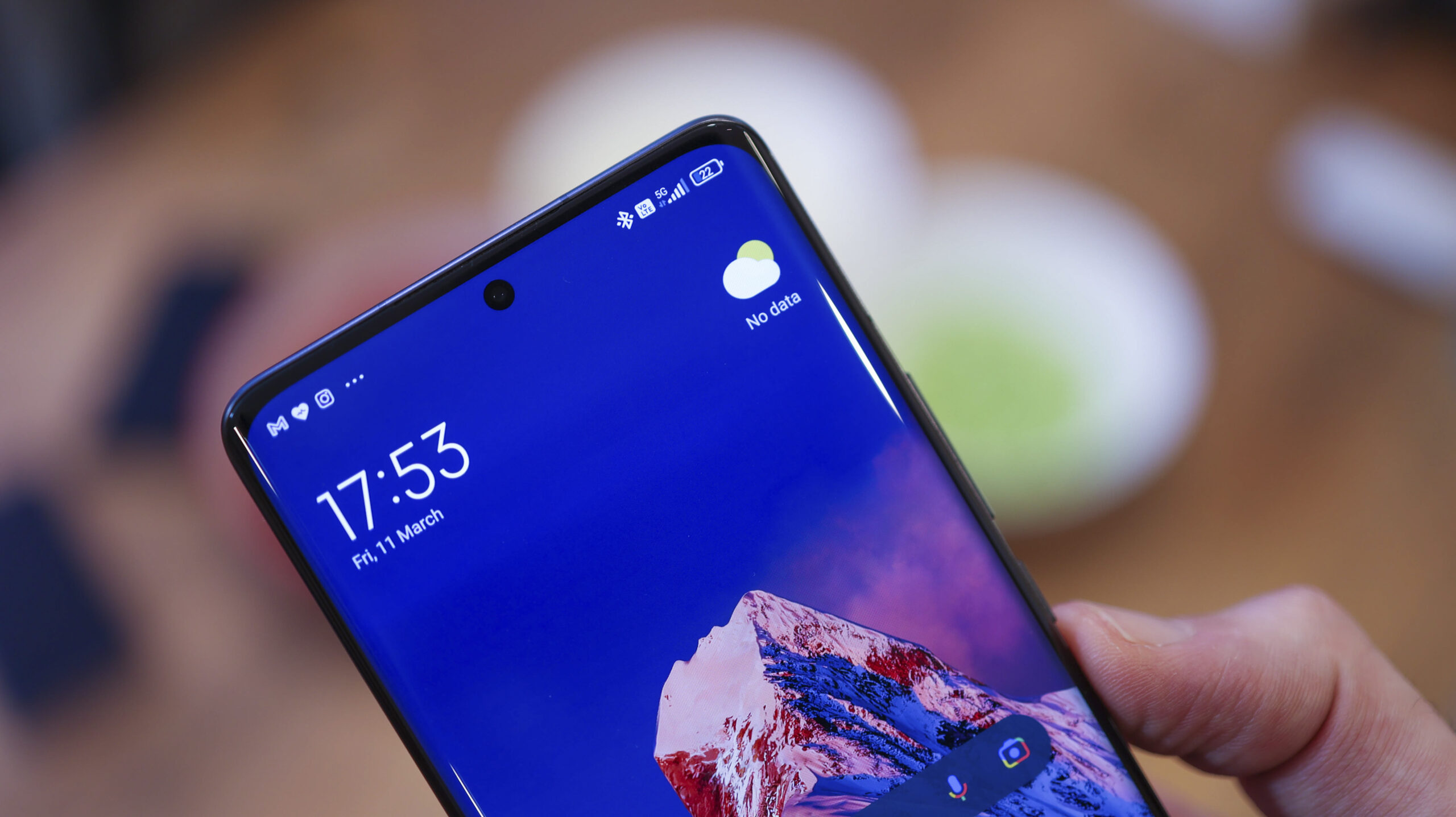- You have no items in your shopping cart
- Subtotal: ₹0.00

|
Getting your Trinity Audio player ready...
|
Smartphone displays have come a long way in terms of durability, but they remain the most vulnerable part of your device. A recent report from OnsiteGo, a smartphone after-sale service provider, reveals that a staggering 71% of smartphone repairs are related to screen damage. In response to this vulnerability, manufacturers are investing heavily in improving display durability, especially the protective glass.
When brands achieve significant advancements in this area, they love to showcase their technology. This often involves unconventional demonstrations, like Honor Tech’s famous “crack the walnut” challenge or social media influencers hammering a nail into a piece of wood using a Xiaomi 14 Pro.
Xiaomi, for instance, has introduced an in-house glass called Longjing, also known as Dragon Crystal Glass, to safeguard the OLED screen on its latest flagship smartphone, the Xiaomi 14 Pro. It’s worth noting that previous Xiaomi flagship phones used Corning Gorilla Glass. During the launch, the company claimed that Longjing glass offers superior durability and scratch resistance compared to typical smartphone glass, being ten times stronger than regular reinforced glass.
According to reports from Sparrowsnews, the Dragon Crystal Glass on the Xiaomi 14 Pro boasts an impressive Vickers hardness (HV0.025) of 860, higher than competing glass like the 2nd generation Huawei Kunlun (830), Apple Ceramic Shield (814), and Corning Gorilla Glass Victus 2 (670).
Xiaomi has achieved this remarkable strength through a unique glass chemistry involving various raw materials such as lithium oxide, silicon dioxide, aluminium oxide, zirconium oxide, phosphorus pentoxide, and sodium oxide. These materials are heated to over 1600°C, resulting in a glass with 25 nm crystals and an interlocking structure, strengthened further through a double ion exchange process while retaining high transparency.
On paper, Xiaomi’s Dragon Crystal Glass appears to outperform other major smartphone glass brands, and the nail-hammering demonstrations provide some credibility to Xiaomi’s claims. Currently, the Xiaomi 14 Pro is only available in China, so it remains to be seen if this new glass technology can eliminate the need for additional tempered glass or screen protectors.
While these demonstrations showcase impressive damage resistance, it’s important to note that attempting such stunts and damaging your smartphone screen will likely result in a costly replacement, unless you have comprehensive insurance coverage.



